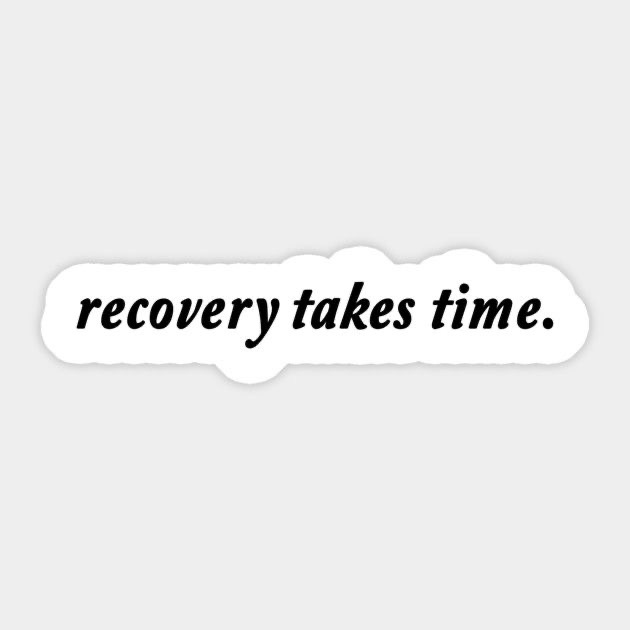What is ‘White Knuckle’ Sobriety?

“White‑knuckle sobriety” describes a form of addiction recovery in which a person relies solely on their own willpower to remain substance‑free, without tapping into the broader supports and tools that facilitate long‑term healing. Here’s a deeper look at what this experience often entails:
- Constant Inner Battle
- The individual is locked in a perpetual struggle against cravings and impulses. Each day—or even each hour—feels like a battlefield, with tension mounting until the next moment of victory over temptation.
- Without healthy outlets for stress or guidance on managing triggers, anxiety and hypervigilance run high, often leading to feelings of isolation or fear that one misstep could mean full relapse.
- Absence of Structured Support
- Unlike evidence‑based recovery paths that incorporate therapy (e.g., cognitive‑behavioral therapy, motivational interviewing), peer support (e.g., 12‑step fellowships, SMART Recovery), or professional programs (inpatient or outpatient), white‑knuckle sobriety stands alone.
- The person may skip lifestyle adjustments—like exercise, nutrition, or mindfulness practices—that serve to recalibrate brain chemistry, reduce stress, and build resilience against cravings.
- Emotional and Physical Toll
- Prolonged high stress without relief mechanisms can fuel anxiety disorders, depression, or even physical symptoms: insomnia, headaches, digestive upset, and weakened immune response.
- The fight‑or‑flight mode sustained by constant tension also taxes the nervous system, making it harder over time to maintain sobriety on willpower alone.
- Risk of Burnout and Relapse
- Willpower is a finite resource: the more it’s expended, the more depleted it becomes. In the absence of replenishing strategies—like restorative sleep, social connection, or professional coaching—cravings may eventually overpower self‑control.
- Many who attempt white‑knuckle sobriety describe an eventual “decision fatigue,” where the relentless demand to say “no” undermines their ability to continue resisting.
- Why Comprehensive Recovery Helps
- Therapy equips individuals with coping skills to reframe thoughts, manage emotions, and plan for high‑risk situations.
- Peer support offers empathy, accountability, and a sense of belonging that breaks the isolation inherent in willpower‑only approaches.
- Lifestyle changes—regular exercise, balanced nutrition, adequate sleep, and mindfulness—restore physical health, regulate mood, and reduce the brain’s craving signals.
- Medical or professional intervention can address underlying issues (co‑occurring mental health disorders, nutrient deficiencies, or neurochemical imbalances) that pure willpower cannot resolve.
- Moving Beyond the White‑Knuckle
- Recognizing when willpower alone isn’t enough is the first step. Embracing a structured recovery plan doesn’t mean you’re weak—it means you’re choosing a strategy proven to work.
- Small steps—like attending a single support group meeting, scheduling one therapy session, or adopting a daily mindfulness practice—can begin to lighten the weight of constant self‑reliance.
In essence, while white‑knuckle sobriety can demonstrate remarkable personal strength, it often leads to exhaustion and heightened relapse risk. Integrating external supports and evidence‑based practices creates a more sustainable, compassionate path to lasting recovery.



Comments (0)